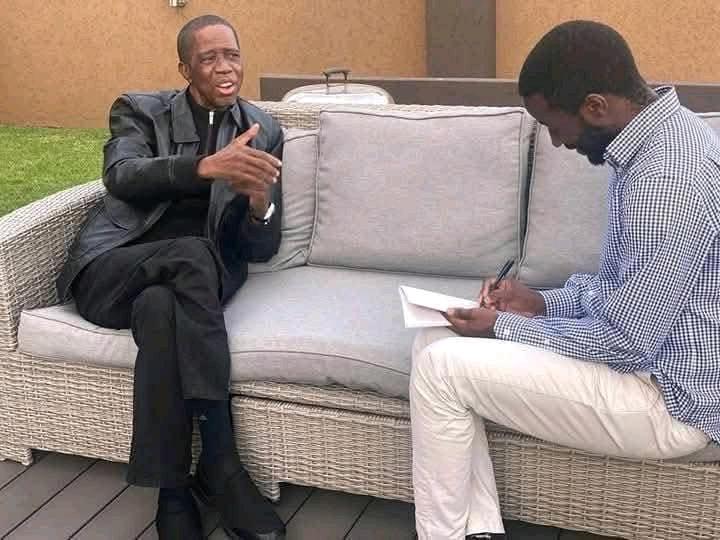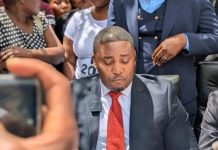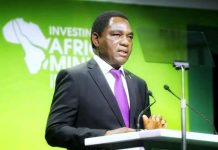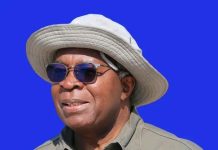Africa-Press – Zambia. Zambia Seeks to Block Burial of Former President Edgar Lungu in South Africa
Zambia’s government has filed an urgent court application in South Africa to block the burial of former President Edgar Lungu, a move that has triggered political and public backlash.
The application, lodged in the Pretoria High Court on June 24, seeks to stop the burial of Lungu in South Africa and have his remains repatriated to Zambia for a state funeral. The government argues that as a former head of state, Lungu must be buried on Zambian soil with official honors.
Attorney General Mulilo Kabesha, who secured the interim court interdict, presented three primary justifications: Lungu’s entitlement to a state funeral, the public’s right to mourn him, and a supposed legal precedent set by the burial dispute of Zambia’s founding president, Kenneth Kaunda.
However, constitutional expert and historian Dr. Sishuwa Sishuwa has challenged the government’s position, describing it as both legally flawed and politically charged.
“Under the Benefits of Former Presidents Act, Lungu forfeited his benefits including the right to a state funeral when he returned to active politics in 2023,” Sishuwa said. “The law is clear. Once a former president resumes partisan political activity, those privileges are lost.”
Dr. Sishuwa also rejected the government’s invocation of the Kaunda case as legal precedent. He explained that in Kaunda’s case, the courts did not rule on the merits of the burial location, but merely declined to review the executive’s decision, meaning it set no binding precedent.
Lungu’s family, through spokesperson Makebi Zulu, has publicly stated that the former president wished to be buried in South Africa to avoid state involvement in his funeral. According to Zulu, Lungu did not want those who “abandoned him in life” to “pretend to mourn him in death.”
The family’s insistence on a private burial has intensified friction with the state, with unconfirmed reports suggesting that government agents tried to seize Lungu’s remains from a South African mortuary claims that have only deepened public suspicion.
Dr. Sishuwa further noted that the family’s resistance may be fueled by fears of occult rituals a belief that is not uncommon in Zambian political culture. “There is a strong belief within the family that certain actors may seek to use Lungu’s remains for ritual purposes,” he said.
“This is not about superstition it is about how deeply held perceptions influence political behavior in Zambia,” Sishuwa added. “Whether true or not, such beliefs can significantly shape decisions around death and burial.”
Critics argue that the government’s attempt to control Lungu’s burial is politically motivated. According to Sishuwa, the court action is a tactic designed to force the family into negotiations where the state can dictate funeral arrangements.
“This is less about honoring Lungu and more about controlling the narrative,” he said. “Hichilema may want to avoid the political embarrassment of a former president being buried in exile, especially with elections on the horizon.”
Political observers warn that the dispute could escalate, with the Pretoria High Court expected to rule on the matter by August. If the Zambian government loses, it may appeal the decision, dragging the matter into a prolonged legal and diplomatic standoff.
The legal battle has already sparked debate about the limits of state power, the rights of grieving families, and the politicization of death. For many Zambians, it is a painful reminder of the deep divisions that continue to characterize national politics.
As tensions rise, the case raises pressing questions about the intersection of law, tradition, and political power where even a leader’s final resting place becomes a stage for broader political contestation.
June 27, 2025
©️ KUMWESU
For More News And Analysis About Zambia Follow Africa-Press







